Many people find it difficult to stick to good habits. They either don’t take it seriously, forget or simply give up. But, when we choose to focus on micro-habits and allow ourselves to take on smaller tasks or changes in our daily lives, we have a higher chance of seeing it through.
So let’s break it down into micro habits. What exactly are micro habits? They are tiny everyday habits that steer you towards big results. They don’t take up much time and are easy for you to do.
Micro habits such as these can also improve your productivity levels and keep you in top form without affecting your mental health or resulting in burnout.
Happy mind, happy life.
1. Organise your schedule
If you haven’t started one yet, it’s about time! Schedules are a great way to help you understand and plan what you can achieve throughout each day. You can use a digital planner, notebook or desk calendar to keep track of everything.
Once you have a birds eye view of everything, you’ll begin to feel more at ease knowing what tasks, meetings and events are coming up and begin to prepare for them, decreasing any last minute rushing around or anxiety. You’ll find that your time management skills also improve as you plan and adjust your schedule.

2. Incorporate natural light
There are multiple benefits you can get from incorporating natural light into your home and workspace. It can help us produce Vitamin D, improve our circadian rhythms and sleep patterns, improve our focus, enables us to accomplish more, and even makes us happier.
Our physical and psychological wellbeing depends on getting enough of this vital resource, so open those curtains and let the sun shine in!

3. Clean up and clutter-free your desk area
Wherever you find yourself working, at home, the office, or a local cafe, having a well organised desk can improve your mental stability, improve focus and reduce stress.
If your workspace is cluttered, it can be distracting and unsettling particularly if you’re working in a corporate environment as it can be perceived as unprofessional.
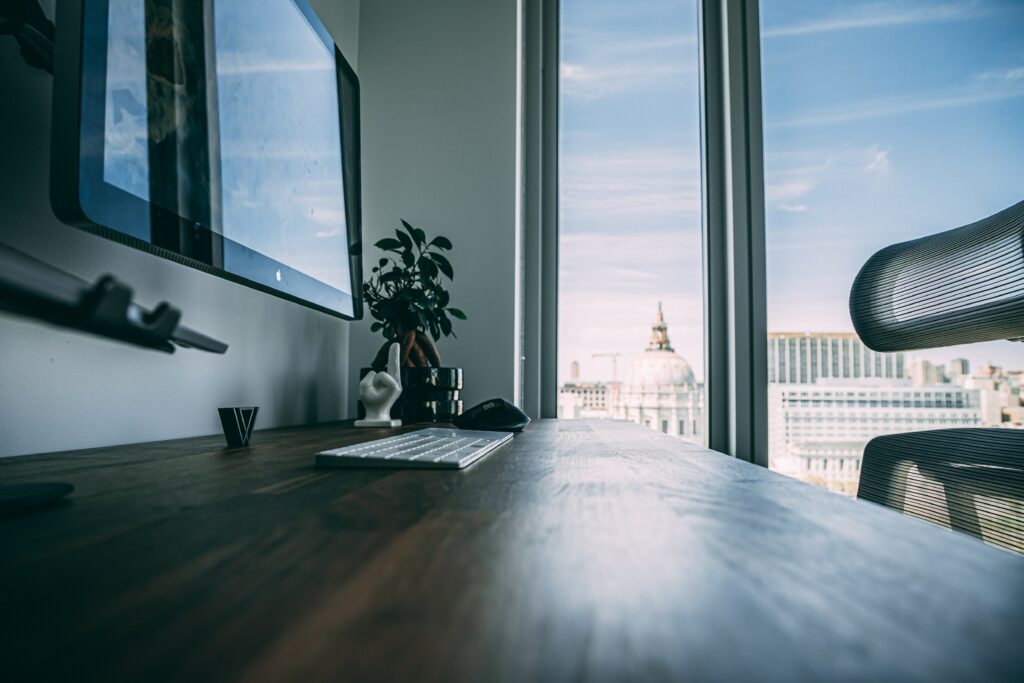
4. Calm the atmosphere with scents
A great way to enhance any experience is to use diffusers, scented candles, room fresheners and incense sticks which can create the atmosphere of calm, and relaxation. If you struggle to fall asleep, this can be included in your night time routine.
Certain essential oils are found to decrease fatigue and increase focus such as peppermint essential oil or sweet orange essential oil.
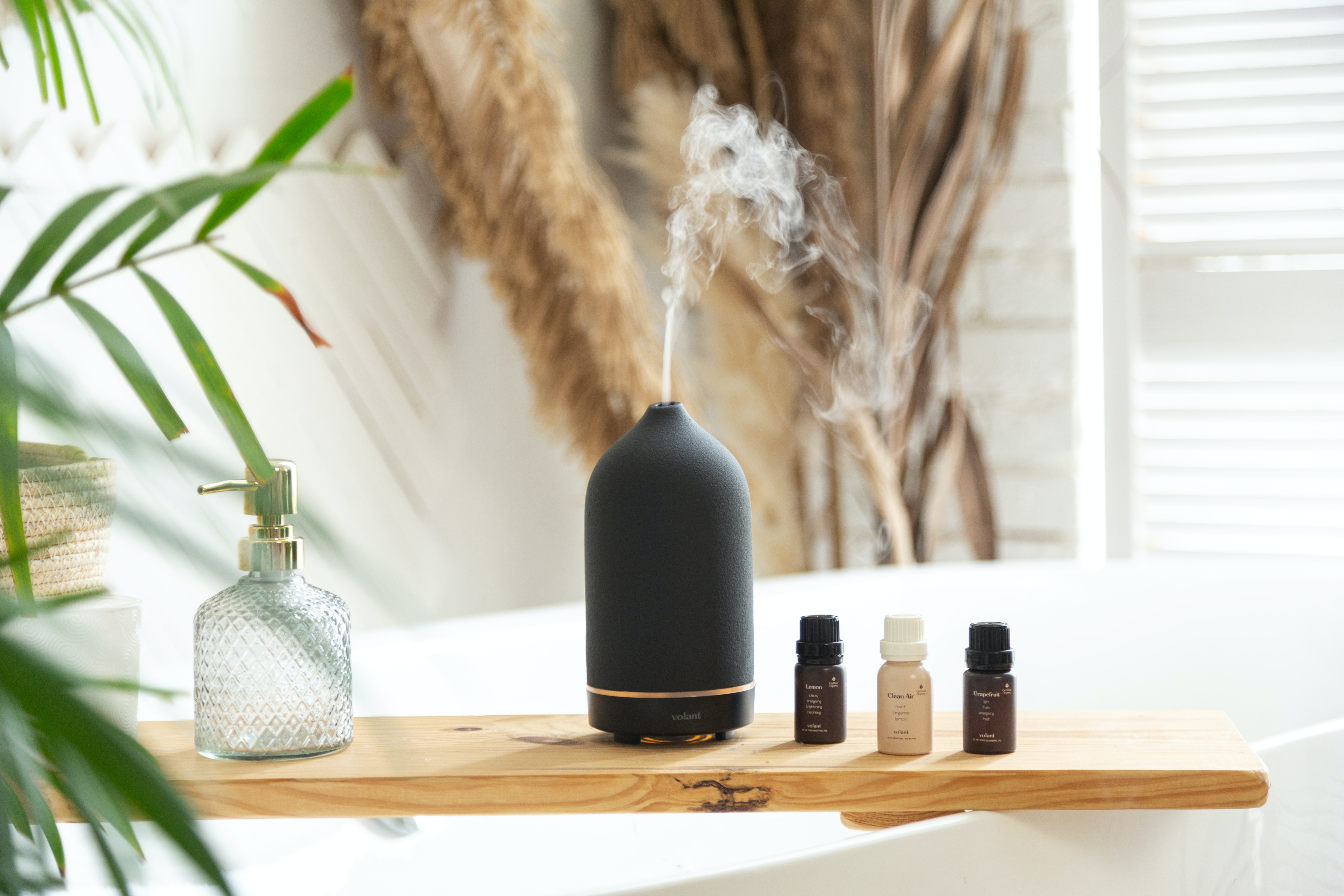
5. Keep your phone in another room or in your drawer
On average, the daily time spent on social media is 2 hours and 27 minutes. When constantly being bombarded by notifications, updates and infinite scrolling, it’s possible that spending too much time on social media can have an effect on your mental health.
It may also become distracting when trying to be in the present moment and working on tasks that require you to be productive. Choose to leave your phone in another room or in your desk drawer to avoid the habit of constantly checking it.
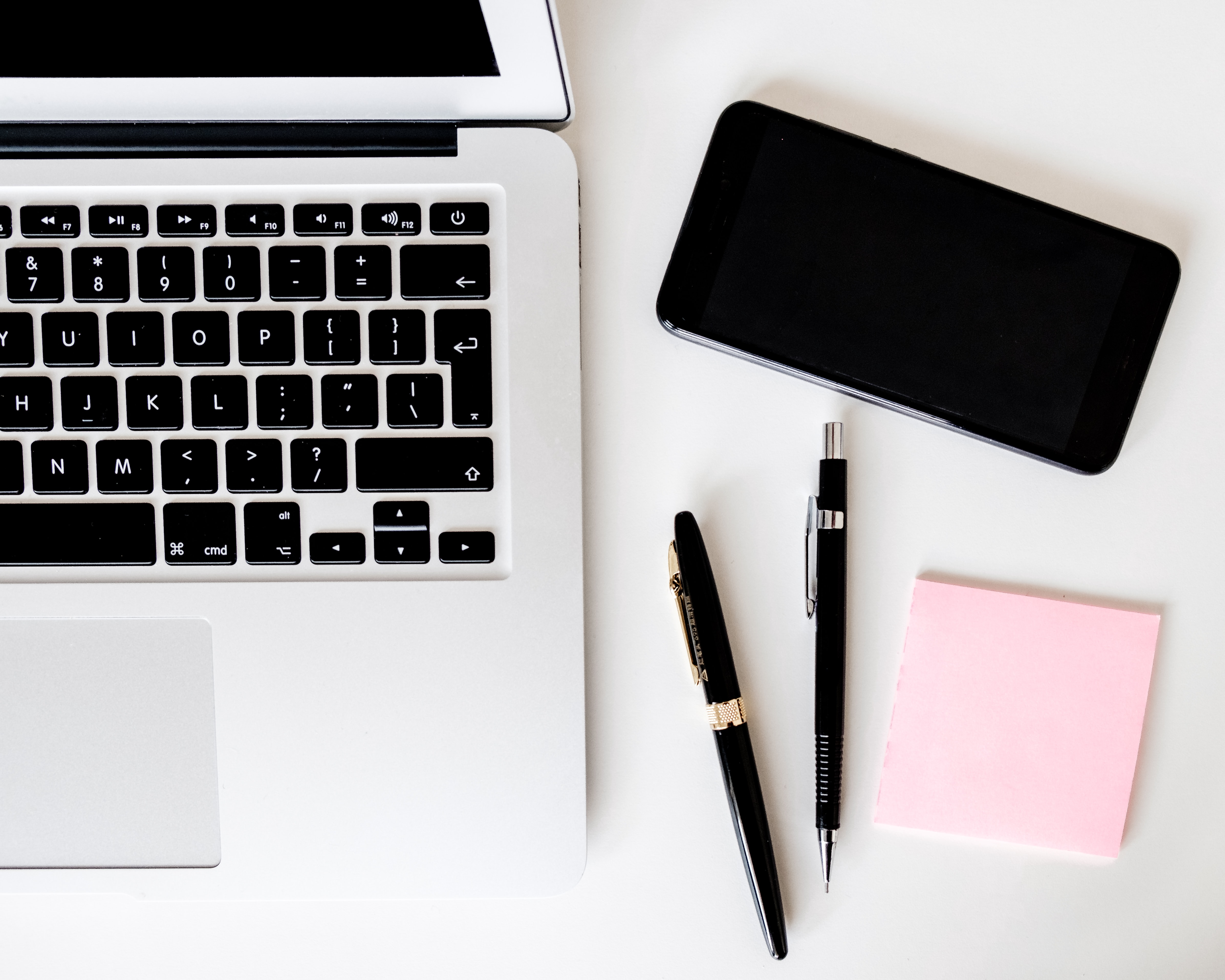
6. Create your calming playlist
Research has discovered the power of sound and how it can be used for healing. It’s been shown to treat a variety of mental and physical issues as well as increase focus and boost immunity.
Start compiling a playlist of different sounds such as ocean waves, birdsongs, or rain sounds and have them ready for whenever you need them.
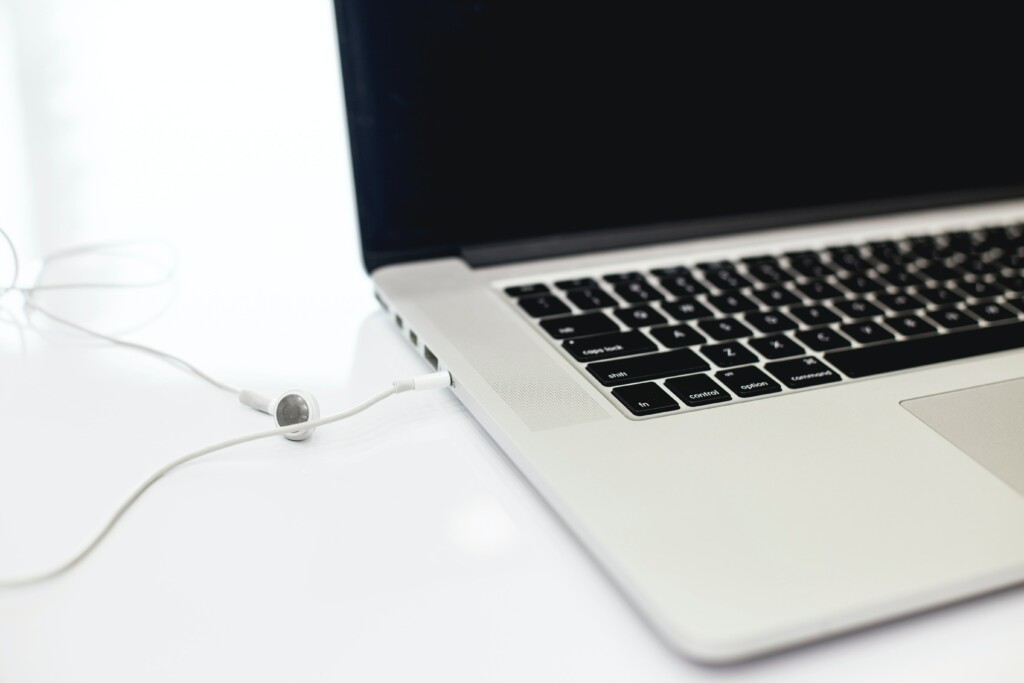
7. Change up your environment
If the decor arrangements in the space you’re working or studying in stays the same all the time, it can become monotonous.
Our environment is full of cues that cause us to act in certain ways in response to certain thoughts and desires. To spark and ignite your creativity, you can change or move decor around to make you feel like you’re in a new space.
Adding indoor plants to a home or office not only enhances its visual appeal, it also boosts moods, improves creativity, reduces stress, and eliminates air pollutants.
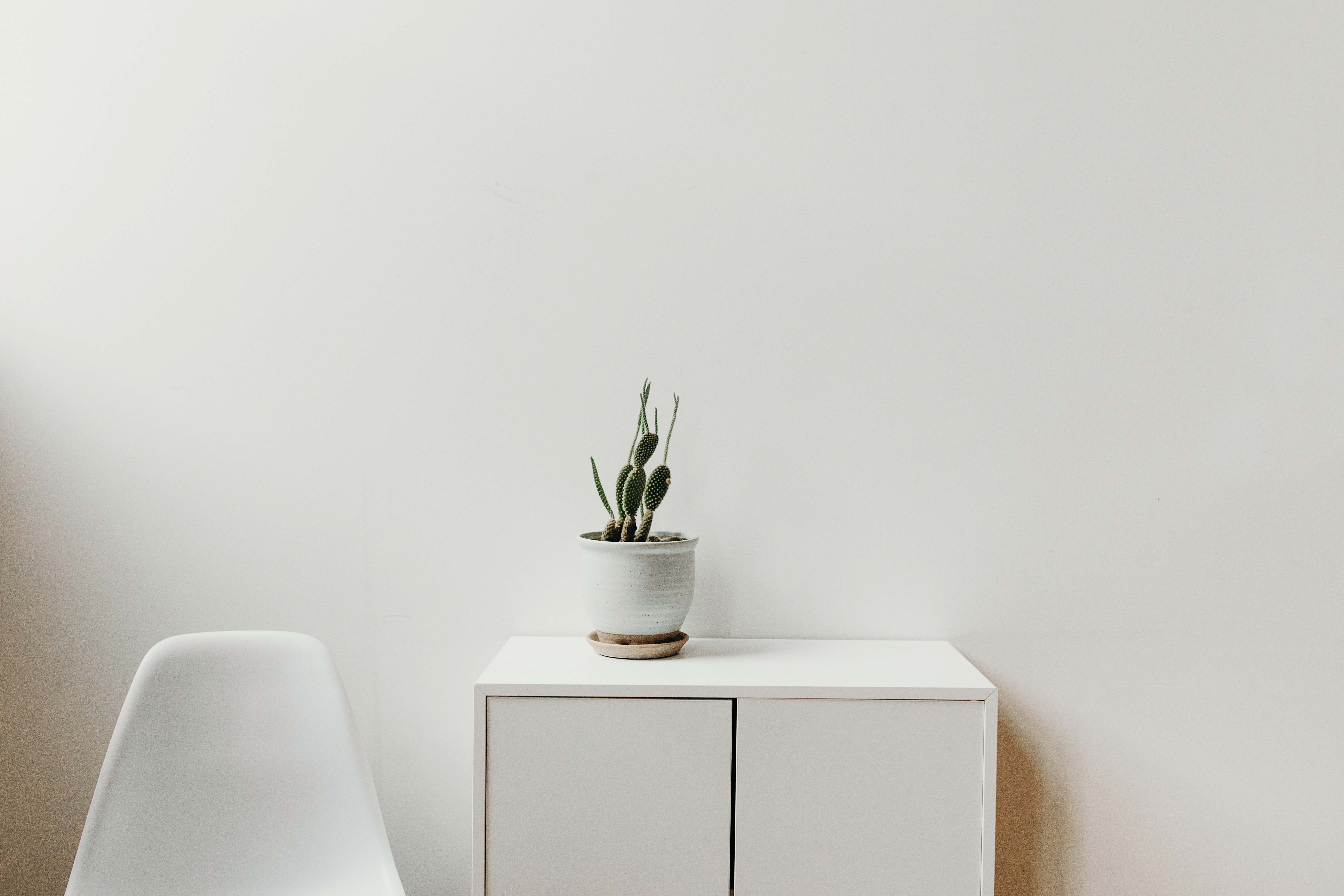
8. Spend time in nature
While it may be difficult to get outside during a busy workweek, research suggests that those who spend more time outdoors are calmer, healthier, as well as smarter and more successful in their work.
Throughout history, humans have sought inspiration from nature to solve their problems, from innovative technical solutions such as prosthetic arms modeled after octopus tentacles to Japanese high speed trains modeled after kingfishers’ beaks.

9. Start productivity journaling
It’s basically the same as journaling, as you write down your thoughts, observations, and feelings, the key difference is that productivity journaling should help you become more productive. It’s usually about your work rather than your personal life, but as you’ll see, you can also gain productivity benefits from journaling about your personal life.
It can boost your memory, improve critical thinking and decision making and also boosts your overall mood and wellness.
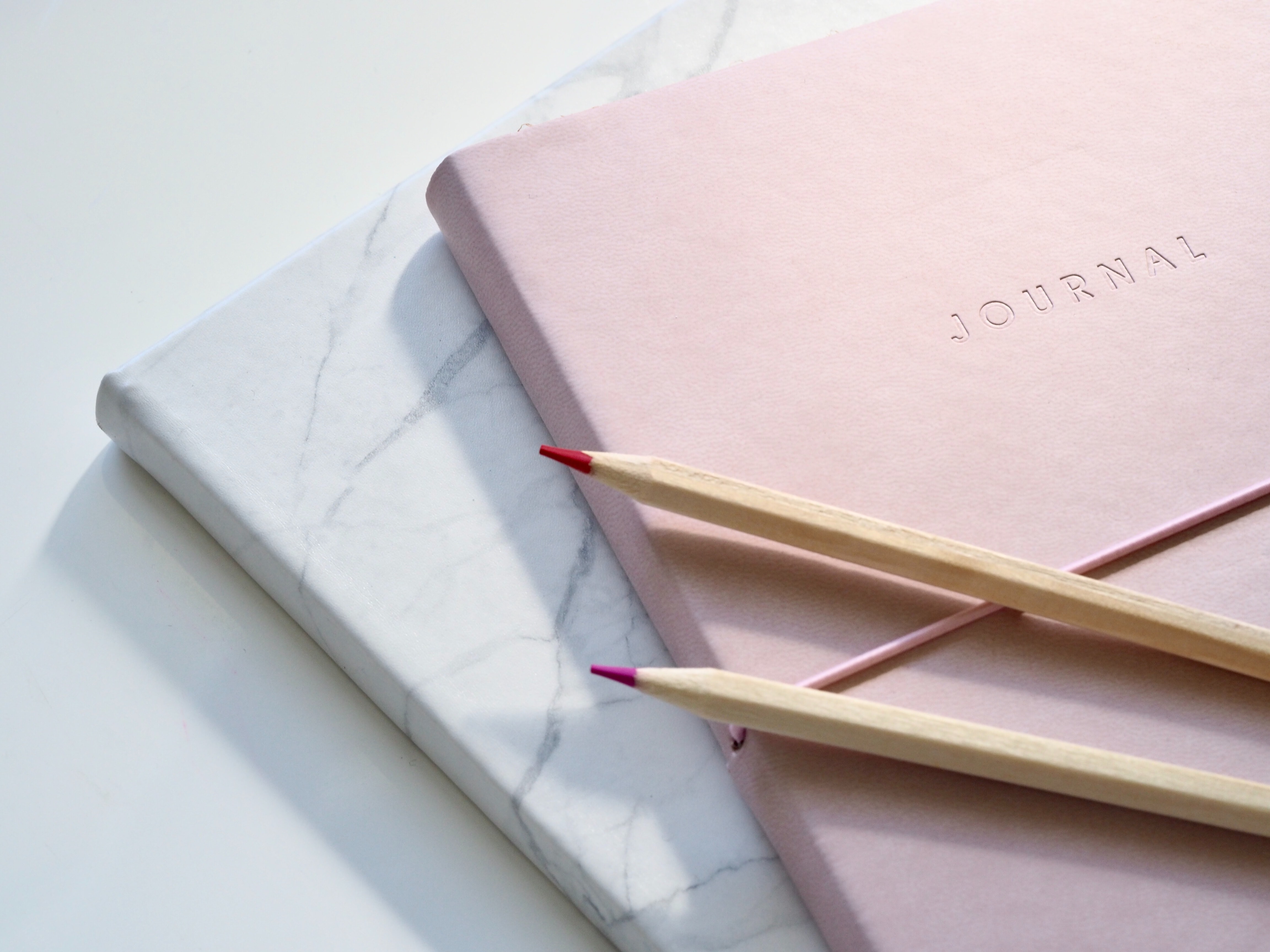
10. Take regular breaks
The goal of productivity isn’t just to accomplish things; it’s to accomplish them well. You don’t have to step away from your to-do list for hours at a time to improve performance; just a few minutes can do the trick.
Find the routine that compliments your schedule, for example, with the Pomodoro Technique, people are encouraged to work within their time constraints, rather than against them. Working for 25 minutes is followed by a break for 3 to 5 minutes and a break for 15 to 30 minutes every 90 minutes.

Remember that it takes time to form good habits and that you’re taking a step towards the right direction in taking care of your mental health.
If you’re struggling with maintaining a healthy work life balance, consider seeking help from a professional to help you stay on track. Conrati hosts a wide range of experts you can book across multiple disciplines. From mentors and coaches to therapists and business consultants.



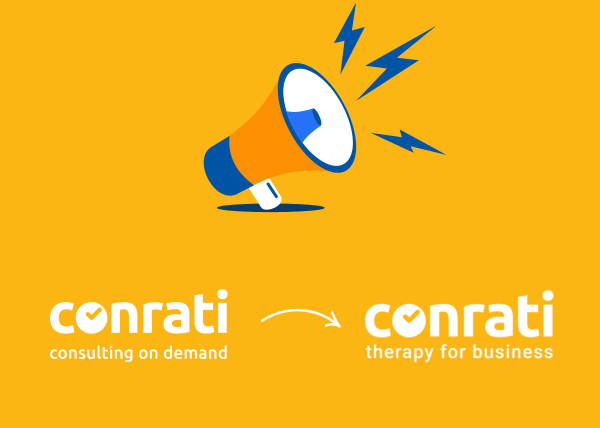





2 Replies to 10 Micro habits that are good for your mental health
Why your child should have a tutor
Conrati nominated as a Top Environmental Consulting Company by Futurology
Self-Love and Self-Care: Cultivating a Mindful and Balanced Life
What happens during each stage of grief?
How to boost 8 different forms of health
Conrati nominated as a Top Environmental Consulting Company by Futurology
How social media affects mental health
Understanding Bipolar Disorder